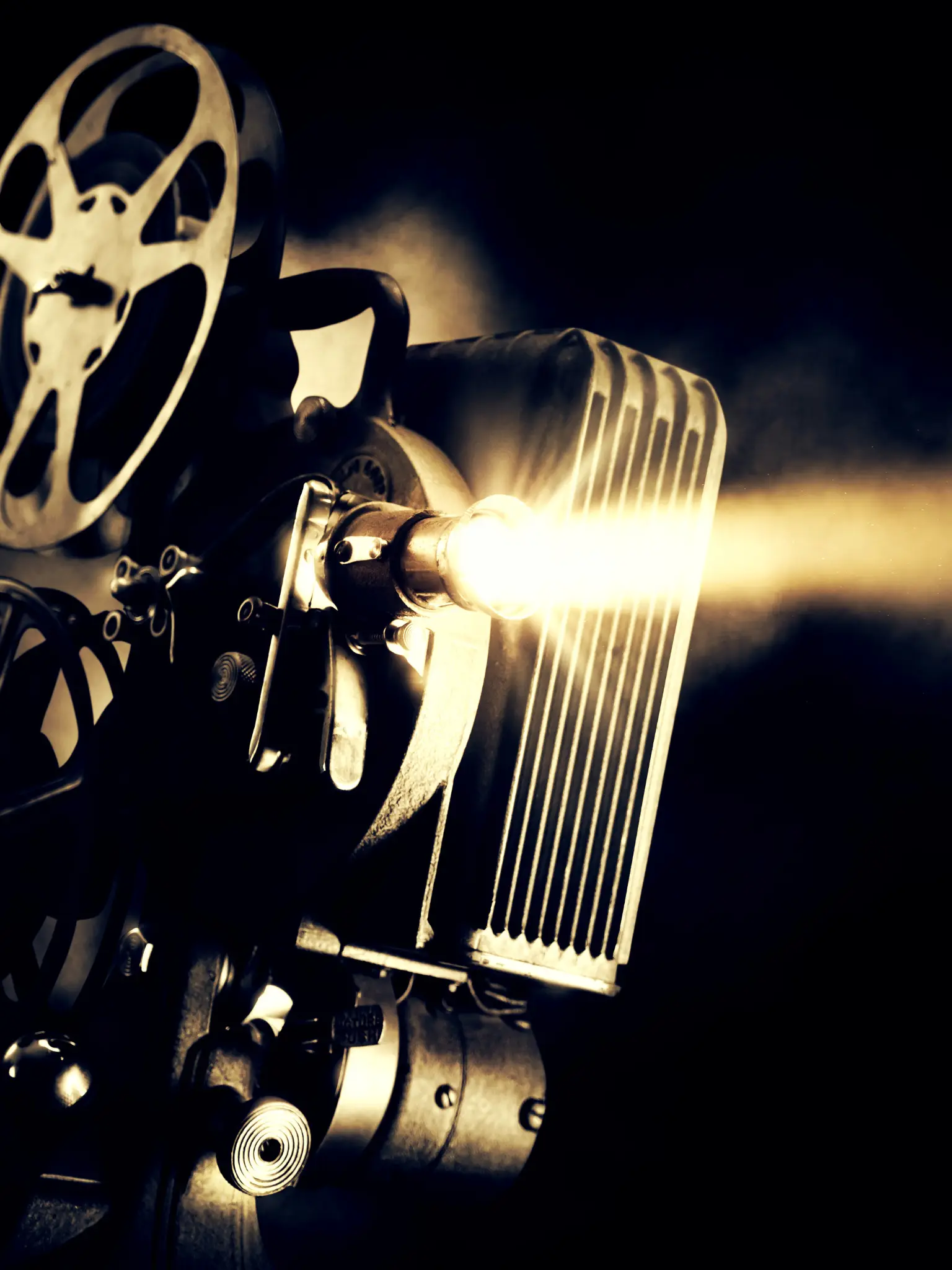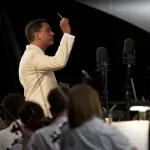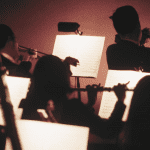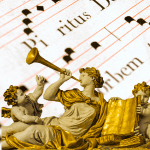How Film Scores Shape Emotional Experiences
Movies have become an integral part of our lives. They have the power to entertain, educate, and uplift us. However, what makes a great movie stand out is its ability to evoke emotions in the viewers. And one of the most powerful tools that filmmakers use to do that is music. In this article, we will explore the role of music in shaping film emotions.
The Power of Music in Film
Have you ever watched a movie without music? If you have, you know how boring and lifeless it can be. Music has the power to captivate us from the first scene and take us on a journey with the characters. It can create tension, suspense, or romance in a matter of seconds. It sets the tone of the movie, and it can make us feel what the characters are feeling. For example, in the iconic movie “Jaws,” the ominous and repetitive two-note motif is enough to send shivers down our spine.
Music is so powerful in film that it can even make us cry. A well-composed piece of music can make us feel empathy towards the characters and their struggles. It can help us connect with them on an emotional level and make us invested in the movie’s outcome. For example, the soundtrack of “Titanic” is so iconic that it’s hard not to feel tears rolling down our cheeks when we hear the theme song “My Heart Will Go On.”
“Music can name the unnameable and communicate the unknowable.” – Leonard Bernstein
In the iconic movie “Jaws,” the ominous and repetitive two-note motif is enough to send shivers down our spines. It builds suspense, signaling the presence of danger lurking beneath the surface. Similarly, the soundtrack of “Titanic” is so deeply ingrained in our collective memory that hearing the timeless theme song “My Heart Will Go On” instantly evokes feelings of love, loss, and longing. The emotional power of these melodies is undeniable, and it is through the art of music scoring that these emotions come alive on the silver screen.
The Artistry of Scoring Films
Scoring a film is an intricate art form that requires a deep understanding of both music and storytelling. A film composer must collaborate closely with the director to comprehend the vision and emotional landscape of the movie. Together, they embark on a creative journey to craft a score that seamlessly intertwines with the visuals, enhancing the narrative and connecting the audience to the characters on a profound level. The composer becomes a storyteller in their own right, using music as a language to convey emotions and enhance the cinematic experience.
“Film music is emotional, transcendent, and has the power to touch our souls.” – Hans Zimmer
Understanding the Movie’s Vision
To score a film effectively, a composer must first immerse themselves in the world of the movie. This is actually one of my favourite parts. To delve into its themes, characters, and underlying emotions, gaining a deep understanding of the director’s vision. By empathizing with the story and its protagonists, then translating these emotions into musical language. Whether it’s the triumph of a hero, the despair of a tragedy, or the exhilaration of an adventure, the task is to create a sonic landscape that resonates with the audience.
Choosing the Right Instruments, Melodies, and Rhythms
Just as a painter selects the perfect brushstroke, a film composer carefully chooses the musical elements that will bring the story to life. The selection of instruments, melodies, and rhythms is paramount in evoking specific emotions and enhancing the narrative. Each instrument has its own unique timbre and emotional quality, capable of conveying a wide range of feelings. From the delicate notes of a piano to the soaring strings of an orchestra, the choice of instrumentation shapes the emotional landscape of the film.
For example, in the Harry Potter series, composer John Williams used the enchanting sounds of the celesta to represent the whimsical and magical world of Hogwarts. This choice instantly transports us into a realm of wonder and imagination, mirroring the emotions experienced by the characters. Such thoughtful selection and arrangement of musical elements contribute to the overall emotional impact of the film.
The Timing and Use of Silence
In film scoring, timing is everything. The placement of music within a scene can heighten the impact of a moment or create a sense of tension and anticipation. A skilled film composer knows when to weave melodies seamlessly into the narrative and when to use silence as a tool to amplify emotions. Silence can be just as powerful as music itself, allowing the audience to absorb the weight of a pivotal scene or building suspense before a climactic moment.
I personally consider the movie “The Matrix” as an important turning point in how music is used in film. Especially by the way in which the music is sometimes strategically left out. It created a sense of suspense and anticipation that has often been mirrored in other films.
Celebrating Diversity: Female Film Composers
While the world of film scoring has historically been male-dominated, there is a growing recognition of the talent and creativity brought forth by female film composers. These remarkable artists have made significant contributions to the world of cinema, infusing their compositions with unique perspectives and emotions. Their work challenges stereotypes and brings a fresh voice to the art of film music.
One such trailblazer is Rachel Portman, the first female composer to win an Academy Award for Best Original Score. Her evocative compositions, such as those in “Emma” and “The Cider House Rules,” have left an indelible mark on the industry. By embracing diversity in film music, we enrich the emotional tapestry of movies and offer a broader range of perspectives and experiences for audiences to connect with.
The Emotional Connection: Image and Music
Film music goes beyond being a mere accompaniment to the visual storytelling. It forms an emotional bond between the image and the audience, intensifying our connection to the characters and their experiences. Music has the extraordinary ability to heighten our empathy and transport us into the heart of the story. It can make us laugh, cry, and feel a profound sense of joy or sorrow. The marriage of image and music creates a powerful synergy that elevates the emotional impact of a film.
“Music is the shorthand of emotion.” – Leo Tolstoy
Conclusion
In the realm of filmmaking, music scoring is a vital and transformative element that brings narratives to life, evoking emotions and captivating audiences worldwide. It is an art form that requires skill, creativity, and an understanding of the intricate dance between image and sound. As film lovers, we should appreciate the immense talent and dedication of film composers who pour their hearts into creating the perfect score. So, the next time you watch a movie, pay attention to the melodies that move you, for they have the power to transport you to extraordinary emotional journeys that will stay with you long after the final chord fades away.
So, the next time you watch a movie, pay attention to the music. Listen to how it makes you feel and how it affects the movie’s overall impact. You might be surprised by how much you’re missing when you’re not paying attention to the melodies that move.
“Film music can reach depths of meaning that words alone cannot.” – Clint Mansell







0 Comments